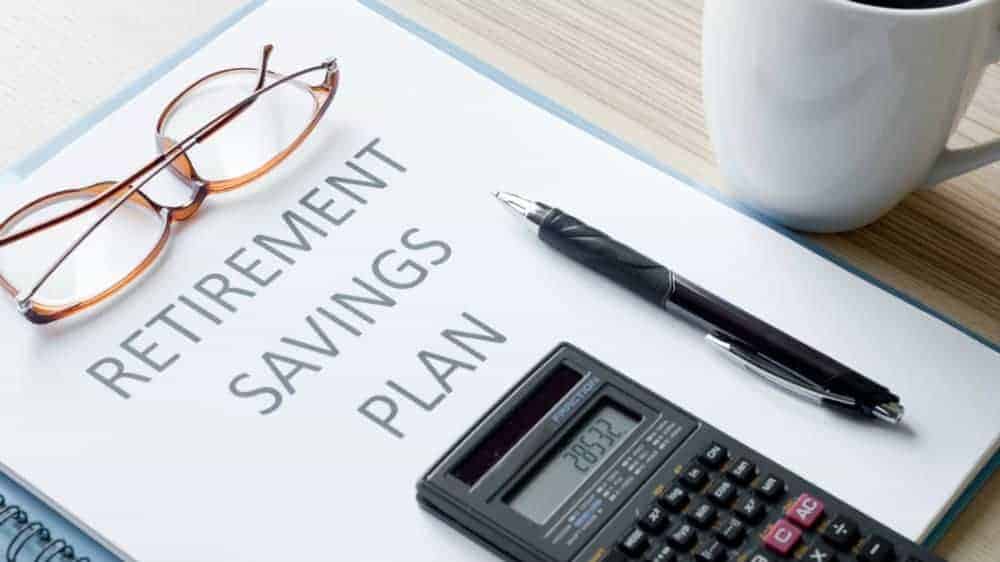Polling and market research company Focaldata conducted a survey of 10,030 UK adults in June 2021, with the aim of finding out how many retirees fall in the emergency savings gap. The research revealed that 21% of individuals in retirement thought they had saved enough for emergencies when they actually haven’t. In fact, 46% don’t even have enough emergency savings. The survey also revealed that 37% of people have concerns about their lack of savings.
So, how much cash do you need to cover one to three years of expenses in retirement? Sarah Coles, personal finance analyst at Hargreaves Lansdown, has looked into it. Let’s see what she found.
[top_pitch]
How much should you save after retirement?
You may already know the rough rule of thumb: you should have enough in savings to cover three to six months’ worth of expenses before retirement. However, this changes to one to three years’ worth as a safety net after retirement.
Why? Well, once you lose your earning potential, it becomes more difficult to meet those many one-off expenses out of your income. Additionally, income from pensions can fluctuate. You need savings to fill these gaps and avoid eroding your pension, especially in difficult markets.
Sarah Coles indicates that an average single person living alone in retirement may require between £15,512 and £46,535 in cash to cover all their expenses. However, if non-essentials are excluded, the single person may only need between £8,897 and £26,692.
The figures are naturally higher for couples. They may need to save between £34,960 and £104,897 in cash to cover all their expenses. However, if non-essentials are excluded, they only need to save between £16,988 and £50,965.
The table below should paint a clear picture:
|
12 months |
One adult |
Two adults |
|
3 years |
One adult |
Two adults |
|
Essential |
£6,958 |
£12,688 |
|
Essential |
£20,873 |
£38,064 |
|
Comfortable |
£1,940 |
£4,300 |
|
Comfortable |
£5,819 |
£12,901 |
|
Non-Essential |
£6,614 |
£17,971 |
|
Non-Essential |
£19,843 |
£53,914 |
|
Total |
£15,512 |
£34,959 |
|
Total |
£46,535 |
£104,879 |
[middle_pitch]
Where should you put your savings after retirement?
A key thing to remember when deciding where to put your savings after retirement is that you want easy access to your money. After retirement, there’s usually a certain unpredictability, particularly around healthcare. It’s wise to avoid saving your money where it might be difficult to access, especially in the event of an emergency. You could try an easy access savings account, where you can make up to 0.65% interest and have access to unlimited withdrawals.
It might also be prudent to think about what would happen if you couldn’t make your own financial decisions. Consider giving a family member, relative or person you trust power of attorney and make sure they understand your financial plans.
How should you invest your money after retirement?
There are several factors to consider before making investments. Most will depend on your unique situation, such as affordability, risk, your debt-to-income (DTI) ratio and your credit score. An emergency fund is also a crucial factor, and as you now know, you may need to cover one to three years’ worth of expenses as a safety net after retirement.
Note as well that retirement might not be the time to consider high-risk investments. For many, the income they received before retirement is most likely more than the income after retirement in pensions and benefits. It’s important to maintain a secure financial base that lasts. For this reason, it’s considered wise to speak to an independent financial adviser for advice that is tailored to your specific situation.







